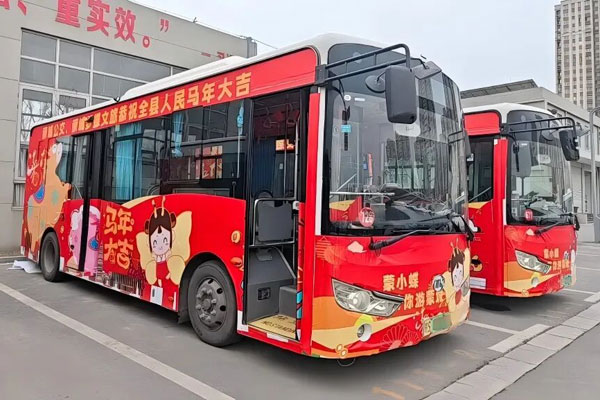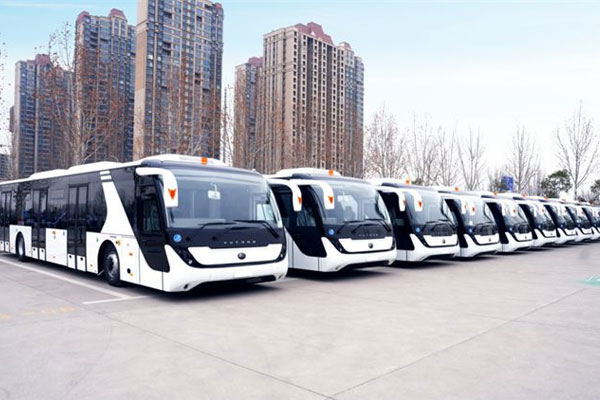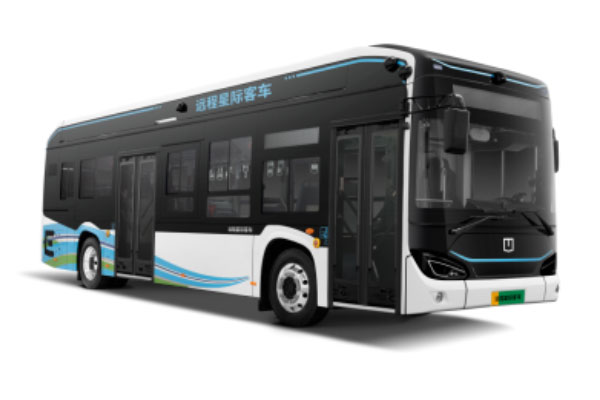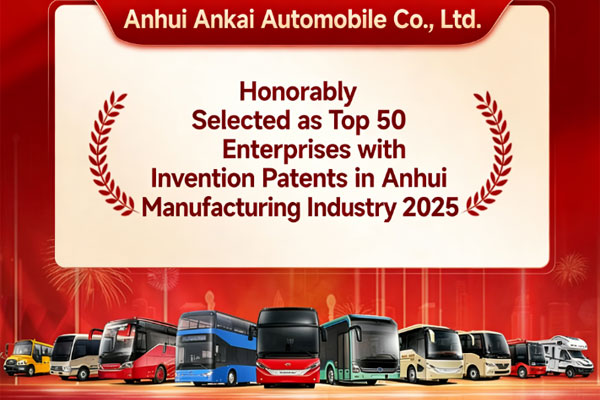China Auto Parts Makers Cope With Slowdown in Foreign Orders
28 September 2008
Soaring material prices, especially oil prices, along with the appreciating Chinese currency RMB have slowed China`s auto parts exports and that, as many industry observers believe, has become a major factor to push for upgrading of China`s auto parts industry.
The latest survey by the global PAC Group shows that the world` top-three automakers GM, Toyota, and Ford would cut parts purchase by US$8 billion from China than expected for 2008, with the growth in their annual procurements to steadily decline by as much as US$16 billion by 2010.
"The global auto giants will continue to increase auto parts procurement from China, but with much slower growths," commented the PAC Group. A major reason is the rising quotations have significantly compromised price advantages of China-made auto parts; while most auto parts OEMs (original equipment manufacturer) in China recognize that buyers have become much more cautious toward procurement projects than before.
"The prices of China-made auto parts have surged 16-20% this year, and that has apparently weakened their major price advantage," said Al-ixPartners in a recent worldwide survey.
The international auto consultant observed that nearly 80% of foreign buyers wouldn`t reach targeted procurement volumes, while increasingly more global buyers are looking to alternative suppliers from Southeast Asia, India, or Australia.
Peaked in Early-2000s
According to Al-ixPartners, China was once the auto parts procurement center for many multi-national companies. At its peak in the early-2000s, China was home to around 500 international procurement offices, whose overall auto parts orders placed exceeded US$200 billion as early as 2003.
Besides rising material prices and appreciating RMB, China-based auto parts manufacturers face other obstacles-the reduced export reimbursement rate and new labor contract requirement effective from the beginning of this year. Such factors have further saddled the operating cost of exporters in southern China, who have reportedly closed shop or migrated by the tens of thousands to greener pastures.
The rising quotations by 16-20%, however, have not fully taken into account increases in the prices of international raw materials. For example, steel prices rose 20% during the second quarter, and would continue to rise in the following months. It is safe to say that China`s auto parts suppliers have not raised quotations to reflect rising material costs fearing large price adjustments would further dilute foreign buyers` procurement willingness.
Source : english.chinabuses.com
Editor : Ida
Views:1887








